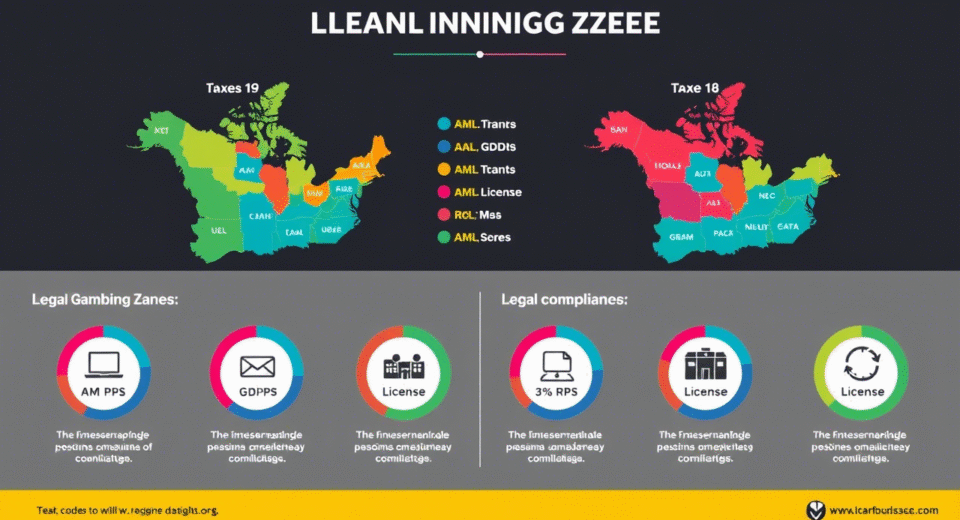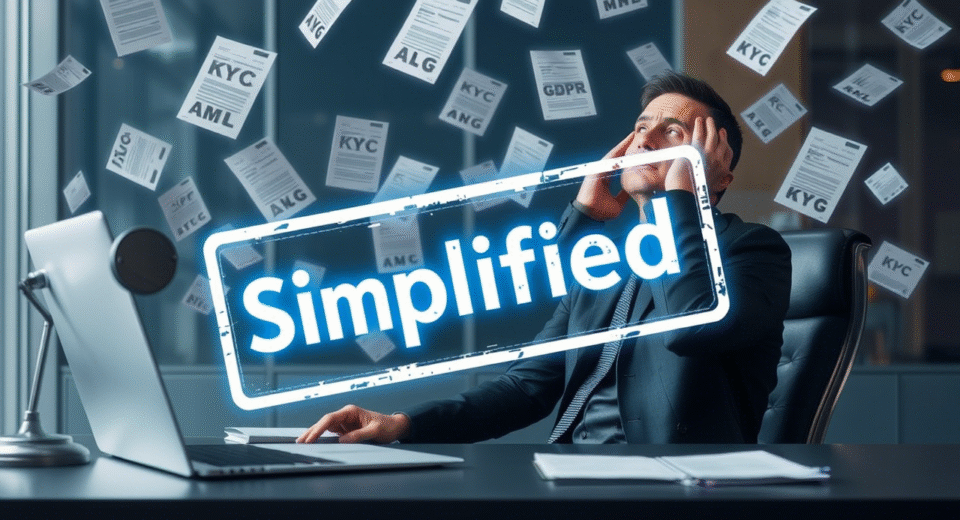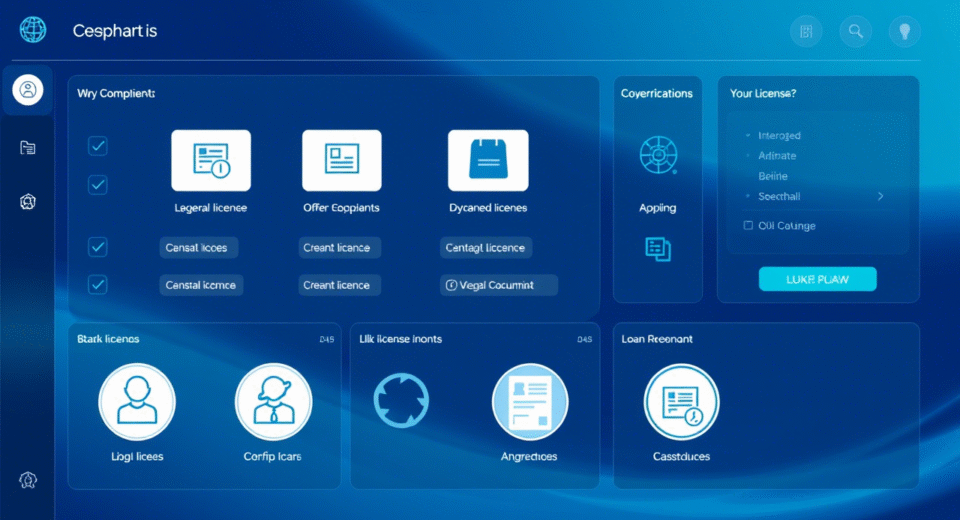Updated Tax & Compliance Rules for EU Operators in 2025
🎯 Introduction: A Tougher EU for Gambling Operators In 2025, running an online gambling operation in the European Union is no longer for the lax or the lucky. A wave of regulatory tightening has swept across the continent, with harmonized compliance expectations, stricter anti-money laundering (AML) measures, and ever-evolving tax rules. Whether you’re a startup eyeing Malta or a legacy brand in Sweden, staying ahead of compliance is mission-critical. In this guide, we break down what’s changed in 2025—from tax burdens to tech audits—and what it means for EU-facing operators. 🇪🇺 The Regulatory Landscape: A Shift Toward Standardization? While gambling laws remain nationally governed in the EU, there’s increasing EU-level alignment in critical areas such as: Why this matters: Operators now face a double burden—meeting both local requirements and EU-wide compliance directives. 🧾 Taxation: More Countries, Higher Rates, Greater Scrutiny Key 2025 Tax Updates: Country 2024 Tax Rate 2025 Update 🇳🇱 Netherlands 29% GGR Increased to 30.1% GGR 🇩🇪 Germany 5.3% on stakes No change but more audits 🇫🇷 France Tiered model Crypto revenue must now be declared 🇸🇪 Sweden 18% GGR No change, but faster enforcement 🇲🇹 Malta 5% on GGR Clarified VAT exemptions on crypto 🇮🇪 Ireland 15% betting duty Extended to online casino games Key Themes: 🔐 AML & KYC: The 6AMLD Bite The Sixth Anti-Money Laundering Directive (6AMLD) is now in full effect across the EU. Operators must: Penalties: Real-World Impact: A mid-tier operator in Italy lost its license in Q1 2025 for failing to flag SoF irregularities among crypto deposits. 📣 Advertising & Marketing: Tighter Restrictions, Especially on Affiliates Changes in 2025: Affiliate Warning: EU regulators are holding operators accountable for affiliate misbehavior. Ensure your affiliate partners: 📊 Technical Compliance: From RNG Certification to Data Portability Operators must now submit or maintain: New for 2025: Failure to comply can result in: 🇪🇺 Data & Privacy: The GDPR Evolution Operators must now comply with GDPR 2.0, which brings: Additionally, cross-border operators must store EU player data in EU-based servers, with stricter encryption-at-rest policies. 🧠 Responsible Gaming: Proactive, Not Reactive In 2025, regulators across the EU are demanding more predictive interventions based on player behavior, such as: The UKGC and Dutch KSA are especially aggressive in fining operators who fail to take “reasonable steps” to curb problem gambling. 🛂 Licensing Requirements: Renewal Got Harder 2025 Trends: Important: Start your renewal process 6 months in advance—delays can trigger temporary blacklisting. 🔄 EU-Level Coordination on the Rise While the EU hasn’t launched a central gambling license, it is: The European Commission’s 2025 Digital Markets White Paper even suggests a future “passporting” framework for gambling licenses—stay tuned. 📌 Key Takeaways for Operators in 2025 ✅ Hire full-time compliance staff—or outsource to experts✅ Perform a compliance audit every 6 months✅ Choose jurisdictions with predictable rules (e.g., Malta, Sweden)✅ Stay up to date with local tax legislation✅ Track ad laws in real-time—especially if you use affiliates 🎁 Bonus: 2025 EU Compliance Checklist Requirement Mandatory? Notes GGR Tax Reporting ✅ Varies by country AML Transaction Flagging (2k+ EUR) ✅ 6AMLD enforcement SoF Checks on Crypto Players ✅ New in 2025 Responsible Gaming Alerts ✅ Based on play behavior RNG + RTP Testing Logs ✅ For all games GDPR Export/Delete System ✅ “Forget me” tool required Affiliate Contract Transparency ✅ May require registration License Renewal Filing (Q Advance) ✅ Start early to avoid downtime











